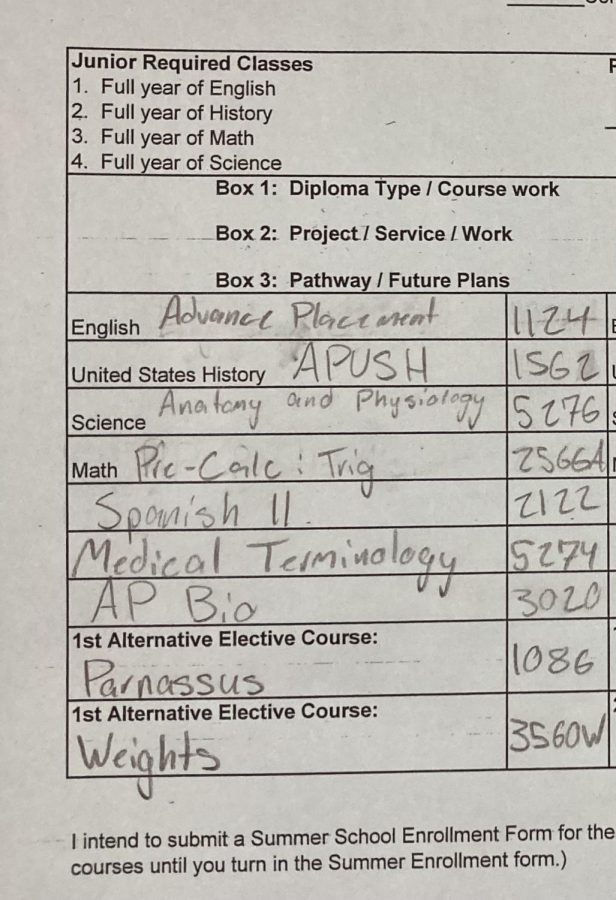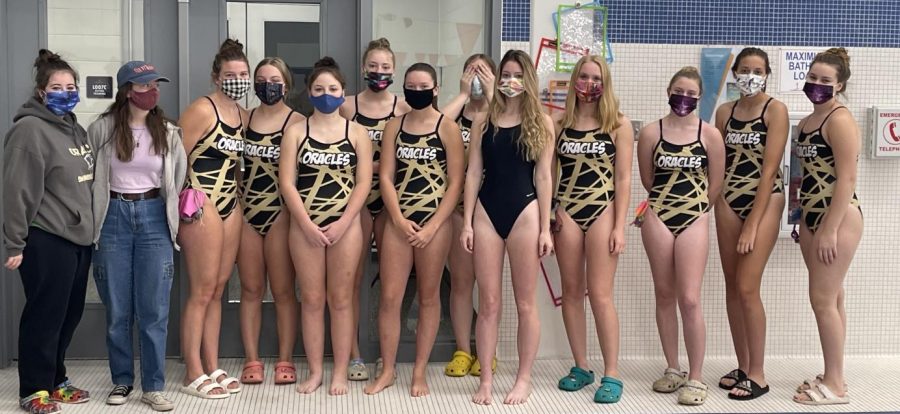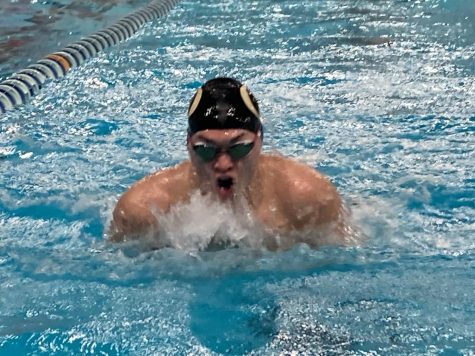Carb-loading facts for the swim season
Carbohydrate loading, also known as carb-loading, or carbo-loading, is a strategy used by endurance athletes, such as swimmers and cross-country runners, to maximize the storage of glycogen in the muscles and liver. Carbohydrate loading is generally recommended for endurance events lasting longer than two hours as it has been shown to help improve overall athletic performance. Research has shown that carb-loading can delay the onset of fatigue and extend the time at which you can maintain a steady pace by as much as 20%. It increases glycogen stores in tissues, giving individuals more energy at their disposal to use during competition or meets. Eating plenty of carbohydrates also helps to build muscle mass and prevent muscle loss.
When athletes are engaged in long, intense athletic events, their bodies need extra energy to keep going. Carb loading is the best way to do that as it gives them the energy they need to complete an endurance event with less fatigue, and maybe even improve their athletic performance and times. However, if the exercise that you will be doing won’t last longer than 90 minutes, gorging on carbs before a big event will backfire, as it will jam glycogen into your muscles and also increase your water weight.
A good carb heavy meal to eat before meets or matches would ideally have whole grains like pasta, bread, oatmeal, rice, cereal and/or granola. It would also have starchy vegetables such as potatoes, corn, and squash along with low-sugar fruits. Legumes, beans, milk, and yogurt are also really good snacks to eat before serious exercising.
But sadly, not all types of carbs are good for you. There are good types like the ones listed above, and there are the bad ones, especially refined carbs like white bread, white rice, pastries, and sweets, along with fruits such as bananas. Athletes should also avoid carbs like fried food, desserts, and soda when on a carb heavy diet. That said, it’s not going to hurt your overall performance if you want to sneak a small cookie before a match.
Since the swimming season just started for boys and girls, I have asked some of them to share how they carb-load for the season.
Rebecca Kelly- In the swimming season I carb-load by eating pasta or other carbs before big meets, and also by just eating lots of carbs every day.
Keeton Adams- I plan on eating carbs such as whole bread, potatoes, fruits, grains, and other items. I will be focusing on complex carbs to stay healthier compared to simple carbs which have less benefits. Carbs are helpful to fuel swimmers through the rough practices we have as well as long meets.
Asher Wilson- Although I don’t really carb-load this early in the swim season, when I get home from practice I eat the first thing in sight, which is actually usually carbs.
Overall, if done correctly, carb-loading can be a great thing that will surely help our swimmers do their absolute best this season. With this carb heavy diet, the swimmers will surely have the energy to swim laps around their opponents. So cheers to the mashed potatoes and eat up, swimmers!

Ella is a senior at Delphi and is thrilled to be returning to the Parnassus staff as a second year member. Ella loves hanging out with friends, reading,...





















